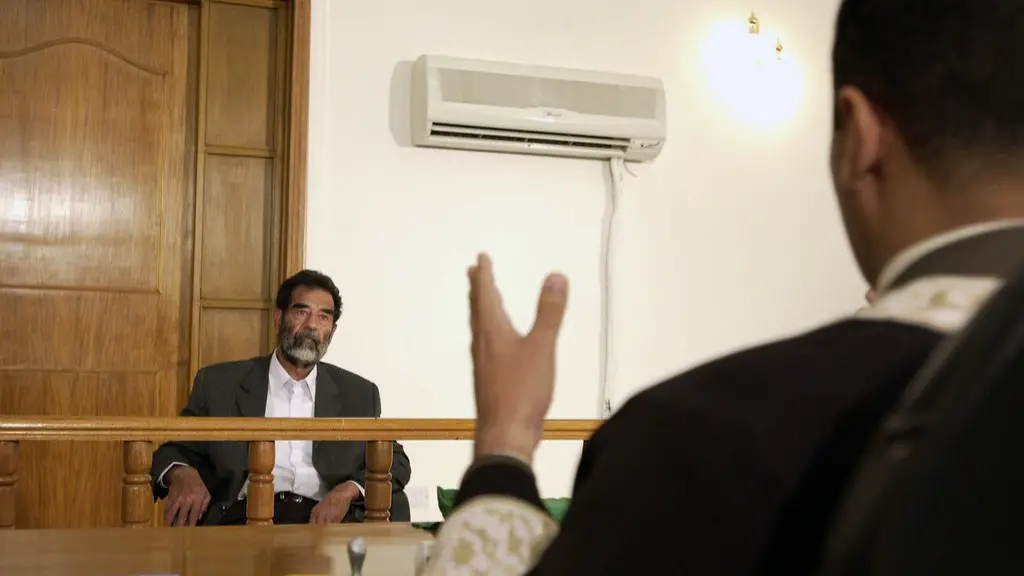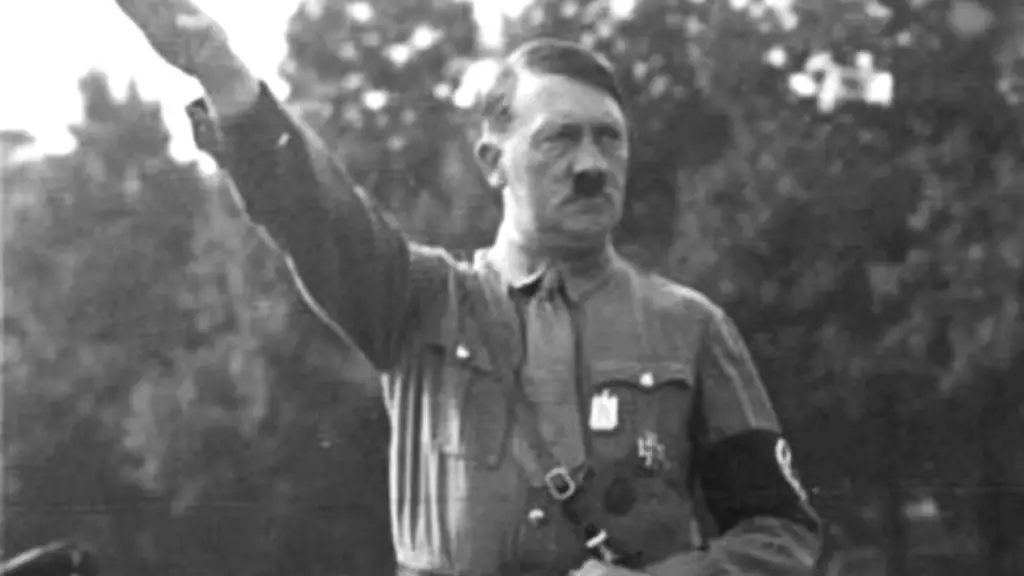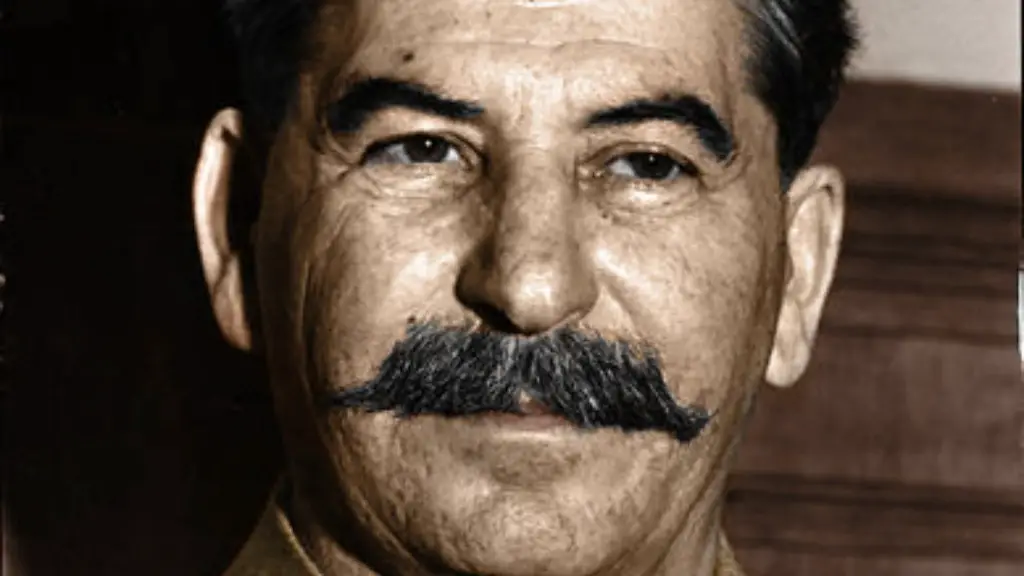The Gulf War of 1991 was precipitated by Iraq’s invasion of Kuwait. In response, a coalition of nations led by the United States launched a massive air campaign that not only ousted Iraqi forces from Kuwait, but also severely crippled Iraq’s military capabilities. In the years that followed, the UN imposed harsh economic sanctions on Iraq that crippled the country’s economy.
It has been argued by some that America’s actions in the Gulf War and in the years that followed helped contribute to the eventual downfall of Saddam Hussein’s regime. The sanctions prevented Iraq from rebuilding its military, while the destruction of much of Iraq’s military during the Gulf War made it difficult for Saddam to maintain his grip on power. Additionally, America’s close relationship with Saudi Arabia and other Gulf States meant that Saddam was increasingly isolated in the region.
While it is impossible to know for certain whether or not America’s actions helped contribute to Saddam Hussein’s eventual downfall, it is clear that America’s involvement in the Gulf War and in the years that followed had a significant impact on Iraq.
There is no simple answer to this question. America’s involvement with Saddam Hussein was complicated and often contradictory. At times, the U.S. supported Saddam Hussein, while at other times it sought to undermine him.
Why did the U.S. get involved in Saddam Hussein?
The Iraq War was one of the most controversial wars in recent history. The primary rationalization for the war was articulated by a joint resolution of the United States Congress known as the Iraq Resolution. The US claimed the intent was to “disarm Iraq of weapons of mass destruction, to end Saddam Hussein’s support for terrorism, and to free the Iraqi people”. However, many people believe that the real reasons for the war were more selfish, such as the US desire for control of the oil in the region. Whatever the reasons for the war, it resulted in the death and displacement of millions of people, and the destruction of a once- prosperous country.
Iraq’s war effort against Iran was open financed by Saudi Arabia, Kuwait, and other neighbouring Arab states. The United States and the Soviet Union both tacitly supported Iraq in this war. Iran’s only major allies were Syria and Libya.
Who did the U.S. help in the Iran Iraq war
The United States sold Iraq over $200 million in helicopters, which were used by the Iraqi military in the war. These were the only direct US-Iraqi military sales. At the same time, the US provided substantial covert support for Saddam Hussein.
The United States supported Iraq during the Iran-Iraq War in several ways. Firstly, they provided economic aid in the form of billions of dollars. Secondly, they sold dual-use technology to Iraq, which included military intelligence and special operations training. Lastly, the United States provided military support in the form of intelligence and training.
Was US invasion of Iraq legal?
The legality of the invasion and occupation of Iraq has been widely debated. The then United Nations Secretary-General Kofi Annan said in September 2004 that: “From our point of view and the UN Charter point of view, it [the war] was illegal.”
There are a number of arguments that have been put forward in support of the legality of the war, including the argument that Iraq was in breach of a number of UN Security Council resolutions and that therefore the use of force was authorized under the UN Charter. However, many international lawyers have argued that the war was not in fact legal, and that the invasion and occupation of Iraq constituted a clear breach of international law.
The SFA is a broad agreement that covers a range of issues, including diplomatic, political, economic, and security cooperation. The SFA provides a framework for the US-Iraq bilateral relationship and sets out the principles and commitments that guide our engagement. The SFA is an important agreement that helps to ensure that Iraq is a stable and prosperous country, and that it can play a constructive role in the region.
Is Iraq an American ally?
Given the long history between the United States and Iraq, it is no surprise that the two countries now consider themselves strategic partners. The American political and military involvement after the invasion of Iraq created a deep-rooted relationship between the two countries that continues to this day. both countries view the partnership as being beneficial and look forward to continuing to work together in the future.
The 1988 United States attack against Iran was a response to the Iranian mining of areas of the Persian Gulf. The American attack was the largest American naval combat operation since World War II. The United States claimed that the attack was necessary in order to protect American lives and vital interests in the region. Iranian officials denied that the country had been mining the Persian Gulf and claimed that the United States was simply looking for an excuse to justify its aggression. The incident led to an escalation of tensions between the two countries and further increased the already-high level of mistrust between the two governments.
Who supplied Saddam with chemical weapons
The Britain, France, and the US were all accused of supplying Iraq with deadly chemical weapons. These chemical weapons were then used to deadly effect, most notably in the Kurdish border town of Halabja, where some 5,000 people were killed in March 1988. This is a tragedy that should never have happened. All three of these countries should be held accountable for their actions.
On 19 March 2003, coalition forces began a bombing campaign against Iraq in an attempt to remove Saddam Hussein from power. The air campaign lasted for 26 days, after which ground troops invaded the country. The ground invasion lasted for just over one month, during which time Saddam Hussein was captured and Iraq was occupied by coalition forces.
Did the US cause the Iran Iraq war?
The Iran-Iraq war was a bloody conflict that was exacerbated by American involvement. American involvement further contributed to lasting political insecurity in the region. Iran’s support of the Kurds was just one part of Saddam Hussein’s concern.
The American public’s support for the war in Afghanistan and Iraq has fluctuated between 50% and 60% since the attacks on 9/11. While support for the war was initially high, it has declined over time as the war has dragged on. However, there has been a recent uptick in support for the war in Iraq, as the fight against ISIS has gained traction.
Was Saddam a Soviet ally
Iraq had been a very close ally of the Soviets since 1958 and in 1972, the USSR and Iraq had signed a Treaty of Friendship and Cooperation in which both countries promised to help each other under threat and to avoid entering hostile alliances against one another. However, following the end of the Cold War and the collapse of the Soviet Union, Iraq’s relations with the West deteriorated rapidly, culminating in the 2003 US-led invasion of Iraq.
Hussein developed strong relations with the Soviet Union and several western countries, who provided him with modern weapons systems. He also managed to establish a working relationship with the United States, who supported him during the Iran-Iraq War.
Why did U.S. destroy Iraq?
The United States based most of its rationale for the invasion on claims that Iraq had a weapons of mass destruction (WMD) program. US officials also accused Saddam of harbouring and supporting al-Qaeda.
The My Lai Massacre was a mass killing of Vietnamese civilians by American soldiers in 1968. It was one of the most notorious atrocities of the Vietnam War.
Operation Speedy Express was a military operation in 1969-70 in which American forces killed thousands of Vietnamese civilians in an attempt to root out the Vietcong.
The Phoenix Program was a CIA-run operation in the Vietnam War in which Vietnamese civilians were targeted for assassination.
Tiger Force was a secret military unit in the Vietnam War that was accused of murdering hundreds of Vietnamese civilians.
There were many other incidents in which American forces killed Vietnamese civilians. These include the My Lai Massacre, the Operation Speedy Express, the Phoenix Program, and the Tiger Force.
Is the U.S. still occupying Iraq
In July 2021, President Joe Biden announced that he would end the US combat mission in Iraq by the end of 2021, with remaining US troops serving in an advisory and assistance role. This marks the withdrawal of US troops from Iraq, which began in 2020.
The withdrawal of US troops from Iraq is a positive development. It will help to reduce the presence of US troops in the country and end the US combat mission in Iraq. This will allow the Iraqi people to take control of their own country and future.
The United Kingdom, Poland, Kuwait, and Japan have all expressed support for the United States’ position on the ongoing situation in the Middle East. These countries join a number of other Asian states in backing the US’ stance.
Conclusion
There is no definitive answer to this question as it is a matter of opinion. Some people believe that America did help Saddam Hussein, either intentionally or unintentionally, while others believe that America did not help him at all.
There is no concrete answer to whether or not America helped Saddam Hussein. However, it is known that America did supply Iraq with arms during its war with Iran in the 1980s. It is also possible that America turning a blind eye to Hussein’s human rights abuses played a role in his continued reign as dictator.




